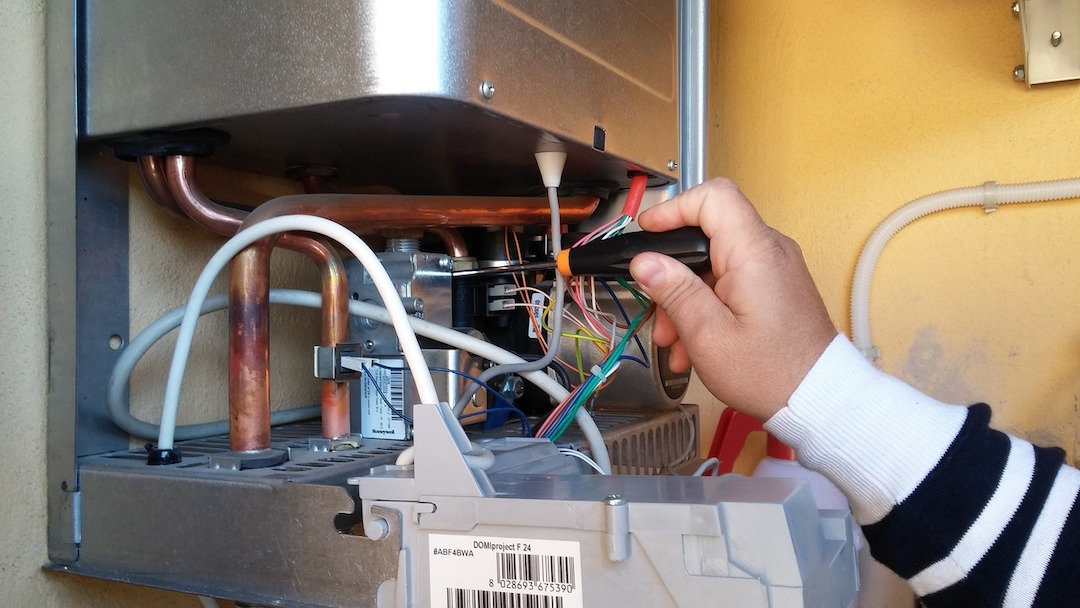Efficient electric hot water heating technologies significantly reduce the carbon emissions of multifamily buildings, according to a report by the American Council for an Energy-Efficient Economy (ACEEE) and New Buildings Institute (NBI).
In multifamily buildings with five or more units, water heating uses more energy than space heating, cooling, or lighting, the report says. Converting gas-fired water heaters to advanced technology—electric heat pump water heaters (HPWHs)—would cut greenhouse gas emissions from water heating by an average of 58%.
If HPWHs are powered entirely by clean sources, they cause zero emissions, making them a critical tool for decarbonizing the economy. Efficient electric water heaters carry a higher upfront cost over gas models, so policymakers would have to provide incentives to owners to make the conversion, the report says.
“Many utilities offer incentives for building or unit owners to install in-unit heat pump hot water heaters,” an ACEEE/NBI news release says. “Yet few programs are designed specifically for multifamily buildings, which offer unique challenges.”
Related Stories
Codes and Standards | Dec 20, 2017
Moody’s says cities may face credit downgrades if they don’t address climate risks
Credit ratings giant will ask what communities are doing to mitigate risk exposure.
Codes and Standards | Dec 18, 2017
Schools with optimal indoor environments boost student performance and energy efficiency
World Green Building Council report confirms that lighting, indoor air quality, thermal comfort and acoustics impact learning.
Codes and Standards | Dec 14, 2017
Mayors sign Chicago Climate Charter; will strive to meet Paris accord goals
Pledge to push for more local authority to reduce emissions.
Codes and Standards | Dec 13, 2017
New report examines ongoing costs of green infrastructure options
The report compares solutions to reduce stormwater.
Codes and Standards | Dec 12, 2017
Total cost of structural fires in U.S. reached $328.5 billion in 2014
Costs associated with losses was $55.4 billion.
Codes and Standards | Dec 11, 2017
Steel-timber composite system proposed for mid- and high-rise buildings
Structural steel columns and beams support a cross-laminated timber floor system.
Codes and Standards | Dec 7, 2017
Many coastal states performing poorly to protect beaches, coastlines
The most vulnerable regions fare the worst in new study.
Codes and Standards | Dec 6, 2017
2017 wildfires highlight gaps in California’s approach to fire safety in urbanized areas
Better hazard mapping and retrofit programs could help.
Codes and Standards | Dec 5, 2017
Guide for understanding medical monitoring requirement of OSHA silica standard released
Center for Construction Research and Training gives advice on new regulation.
Codes and Standards | Dec 4, 2017
Trump tax proposal would kill historic tax credits
Developers would lose up to 20% discounts on some redevelopment projects.

















